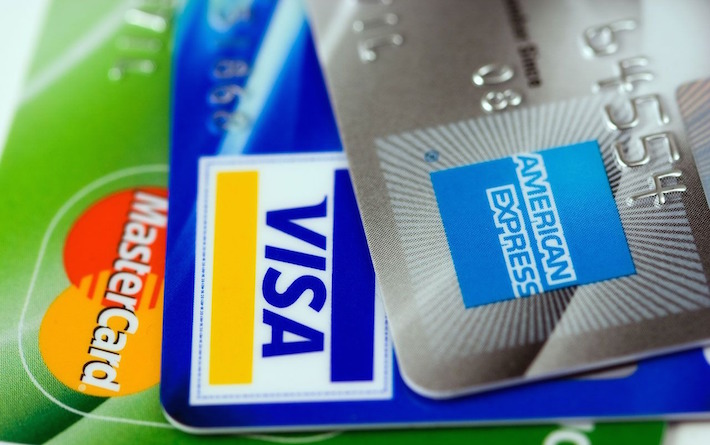Card surcharges: Are you paying too much?
Ever wondered why your cup of coffee costs an extra 15 cents at one café and not another? Or why the service station advises that you will have to pay another 1.5 percent to use Visa or Mastercard?
It’s called a card surcharge - the amount a business charges to cover the cost of an electronic transaction, typically between 0.5 and 1.5 percent. While two-thirds of merchants absorbed this fee about five years ago, the use of debit and credit cards increased, and so has the number of businesses passing on the cost.
Top tips to combat credit card fraud
Checking our card statements should be an easy and hassle-free process, but what if a transaction you see surprises you? The suspicious amount might be a low value ride-share transaction you do not recognise. Or it might be a seriously large purchase that you know you definitely did not buy. Either way, your heart will skip a beat when you realise you have been stung by credit card fraud.
Wotif gives 20 million back to its users after abandoning cruel charging practices
Easter means higher prices thanks in part to public holiday surcharges. If you're in the midst of making holiday plans, there is some good news. Wotif has dumped its $5.50 'booking fee'. It has also dropped the $16.95 charge for flights with full-service airlines and flights with low-cost carriers now attract a reduced fee of $9.95. How lucrative are these surcharges for companies? It's expected consumers could save as much as $20 million a year from these changes made by Wotif.
But surcharges have gone beyond public holidays. There’s airlines – 'fuel surcharge', room service – 'delivery charge', taxis – 'booking fee', restaurants and cafes – 'cakeage', 'corkage' and a surcharge for a 'group booking'. Even a concert ticket purchase comes complete with booking and ticketing fees. I’m sure you’ve got a few more of your favourites to add to the list!
So, what’s happened over the last decade that has seen surcharges become so prevalent in our daily lives? Is this a trend set to continue in the future?



